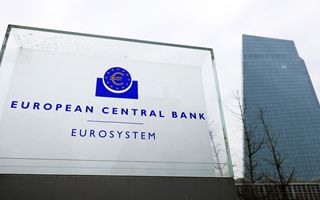(Finance) – I risks for Eurozone economic growth remain oriented towards the downsidewhile inflation could run higher if wages or profits rise more than anticipated. This is what emerges from Economic bulletin of the European Central Bank (ECB), after the Governing Council decided at its meeting on 12 December 2024 to reduce the three reference interest rates by 25 basis points.
The risks to growth
The ECB explains that the risks to economic growth remain oriented towards the downside. The risk of greater friction in international trade it could weigh on euro area growth by slowing exports and weakening the world economy.
The decline in confidence could prevent consumption and investments from recovering at the expected pace. This could be amplified by geopolitical risks, such as Russia’s unjustified war against Ukraine and the tragic conflict in the Middle East, which could cause disruptions in energy supplies and international trade. Growth could also be lower if the lagged effects of monetary policy tightening last longer than expected. However, it could be higher if the better financing conditions and the decline in inflation allowed a more rapid recovery of consumption and domestic investments.
The risks for inflation
Inflation could run higher if wages or profits rise more than anticipated. Furthermore, upward risks for inflation come from increased geopolitical tensionswhich could increase energy prices and transportation costs in the short term and cause disruptions in global trade.
Furthermore, extreme weather phenomena, and more generally the unfolding of the climate crisiscould cause food prices to rise beyond expectations. Conversely, inflation could surprise on the downside if weak confidence and fears about geopolitical events prevent consumption and investment from recovering at the expected pace, if monetary policy slows down demand more than anticipated, or in the case of an unexpected deterioration of the economic environment in the rest of the world. Major frictions in international trade would make the inflation outlook for the euro area more uncertain.
